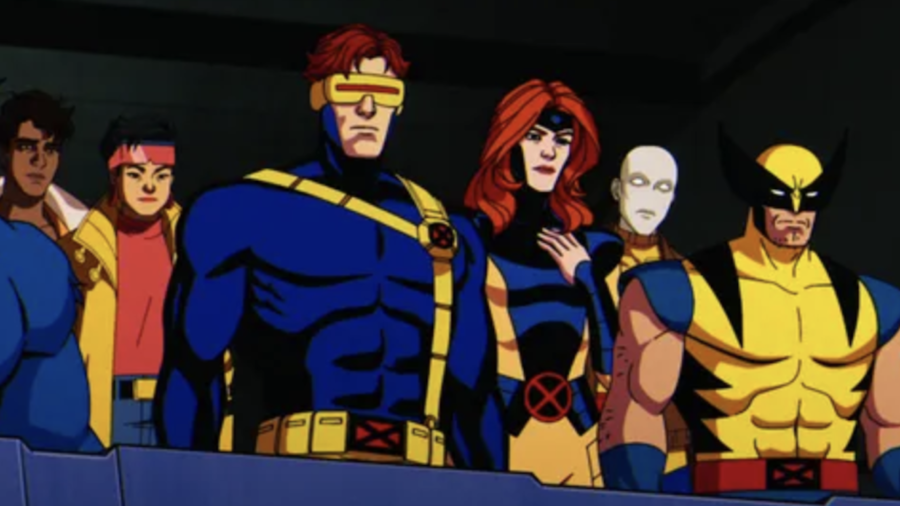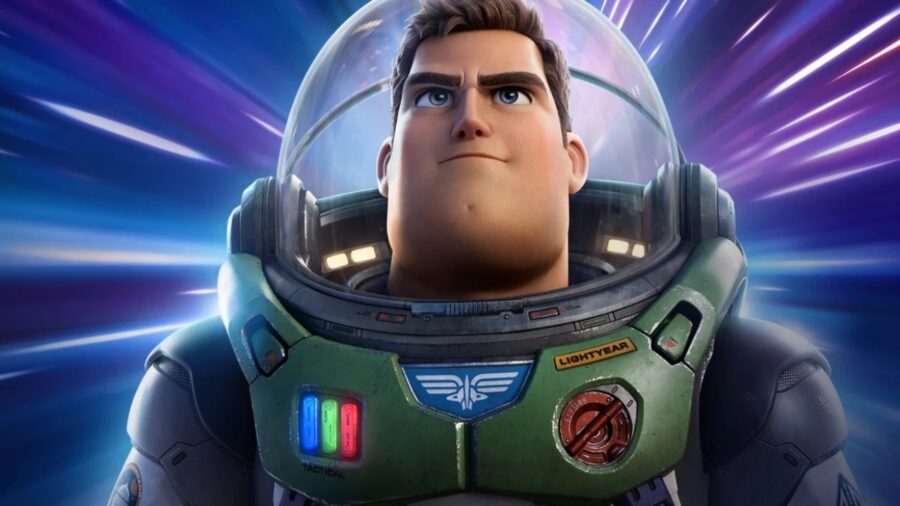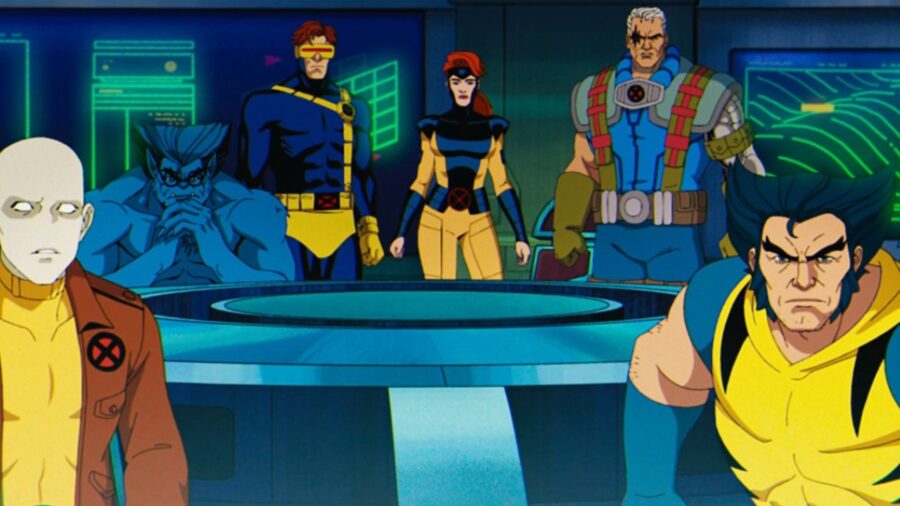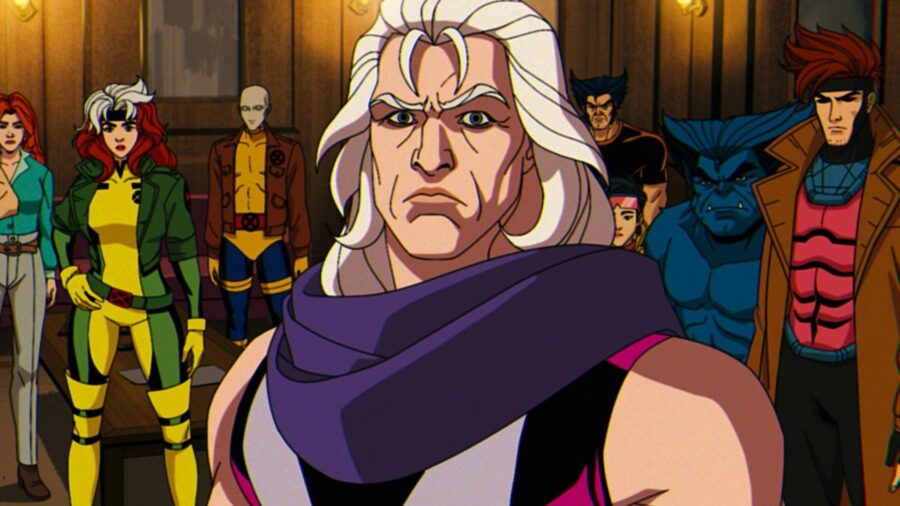X-Men ’97 Plays With Fans Hearts In Controversial Finale Moment

The X-Men ’97 finale featured many amazing moments, but one, in particular, has the internet in a tizzy. In what might be their last moments alive, Morph transforms into Jean Grey and says, “I love you Logan, stay with me,” to a severely wounded Wolverine. But was this Morph simply comforting their dying friend, or were they expressing their true feelings for Wolverine? Knowing Disney, probably both.
Morph And Wolverine

The House of Mouse has a history of trying to have their cake and eat it, too. Disney, like most large corporations, wants to appeal to the largest demographic it can. Since the majority of Americans are pro-LGBT, it’s only natural for Disney to have some queer representation in their content. However, what’s en vogue stateside doesn’t always mesh with some of the more conservative markets overseas.
As a result, Disney has traditionally been very careful about how much queerness it allows to creep into its movies and shows. X-Men ’97 is no exception. Much was made about Morph’s non-binary identity before the series launched, only to have the character referred to as “They,” once, maybe twice in ten episodes.
Disney Decides What The Scene Means

Likewise the intimate moment between Morph and Wolverine in the X-Men ’97 finale feels like it was carefully constructed in a way that gives Disney plausible deniability when it comes to the meaning behind the scene.
X-Men ’97 showrunner Beau DeMayo tried to clear things up recently on X, declaring that “Yes, Morph was confessing romantic feelings for Logan.”
DeMayo can only explain the scene’s intention based on how it was written. Disney is ultimately in charge of the scene’s canon meaning.
Left Open For Interpretation

The fact that Morph changes into Jean before saying, “I love you,” to Logan seems like it was deliberately done to muddy the waters. By appearing to an almost comatose Wolverine as the woman he loves, Morph is clearly trying to comfort Wolverine in what might be his last moments. Or at least that’s how Disney can spin it for an international audience.
Doing the scene the way they did exposes Disney’s duplicitousness when it comes to representation. On the one hand, they can lean into the queer interpretation of the X-Men ’97 scene, hoping to score points with the LGBTQIA+ community right before Pride Month. Meanwhile, they have the wiggle room to comfort their more conservative/international fans by telling them that Morph was just speaking as Jean and telling Wolverine what he always wanted to hear.
Disney Refuses To Commit

It’s the same reason that Beauty and the Beast’s “gay dance” scene was literally seconds long, and the same-sex kiss in The Rise of Skywalker happened in the background of a much larger scene. It’s the same reason that Avengers: Endgame bragged about having a gay moment, only for it to end up being one of the directors playing a nameless NPC at a blip support group who casually mentions he had a husband once.
Everyone Hates How Disney Handles The Issue

Disney wants to make everyone happy. What they don’t understand is that by being so vague and wishy-washy, they’re actually making no one happy. Conservatives online constantly complain about Disney going “woke” because it made a couple of Marvel movies starring women.
Meanwhile, liberals are mad at Disney because they keep promising LGBTQIA+ representation and then delivering obtuse, blink-and-you’ll-miss-it moments like the one in X-Men ’97 that could be kinda, sorta construed as gay, but not overtly.
X-Men Is Filled With Sub-Text

That’s not to say that X-Men ’97 isn’t dripping with queer undertones. Did you see the way Magneto and Charles looked at each other throughout the entirety of the finale? Yeah, they’re like “brothers” the same way your Aunt’s girlfriend is actually her “roommate” if MeeMaw asks.
But those are just that: undertones. Disney can allude to LGBTQIA+ themes all day, but as long as they keep giving themselves a plausible out to be like, “They’re not gay, you’re just imagining them that way,” then their half-baked support of the Rainbow Brigade essentially means nothing.
Like it or not, the world is becoming increasingly divided. X-Men ’97 may have felt like the ultimate unifier, but sooner or later, one side will accuse the show of catering to the other. Disney needs to hurry up and pick a side now before it’s too late.












